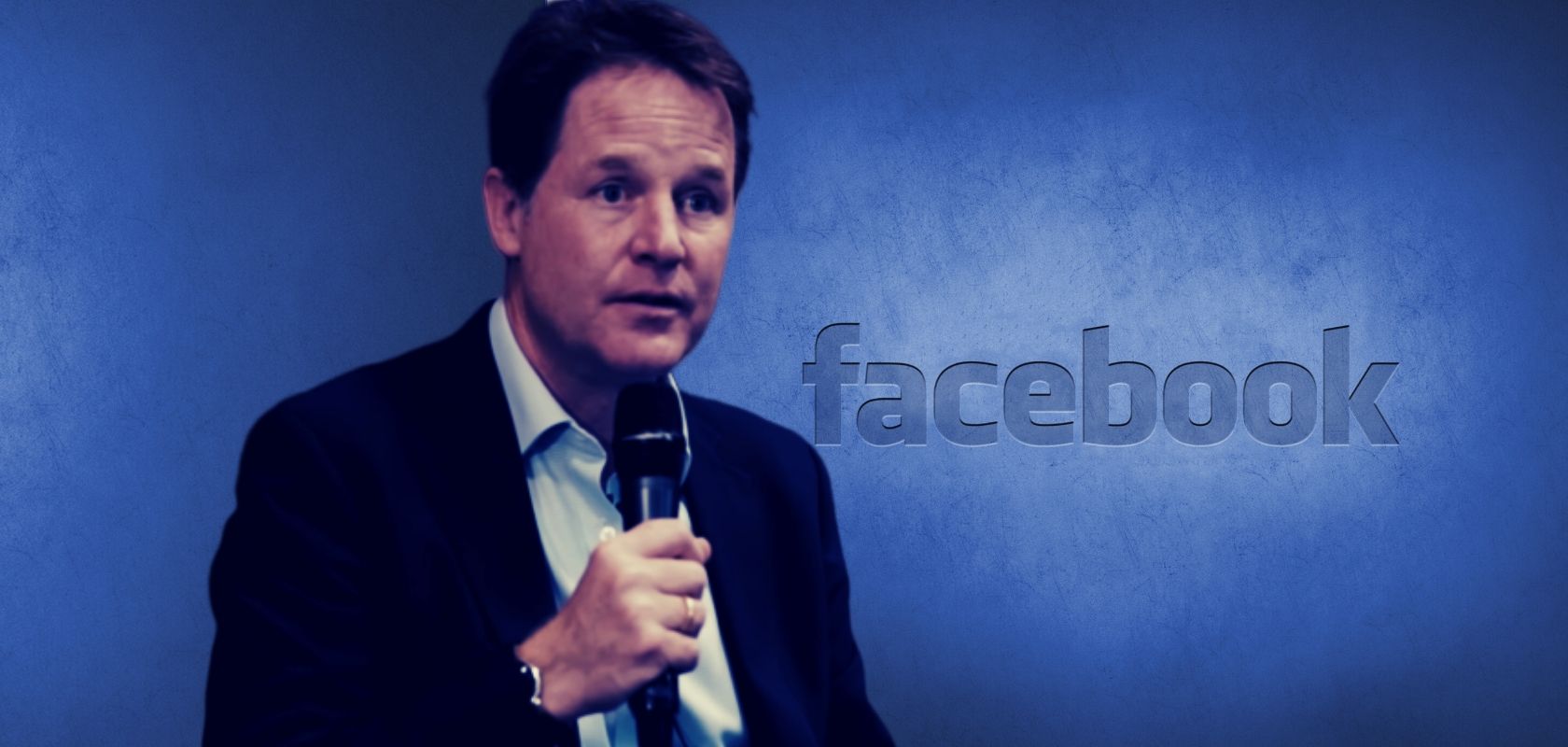The media – even “tech” media, who surely should have known better – until a few years ago lionized Facebook despite the many, serious, and obvious flaws in the world’s most dominant social network.
No amount of evidence or warnings about Facebook’s harmful business practices at the expense of its users’ privacy seemed able to sway this entrenched stance.
But that all changed with the 2016 US election and the way the outcome has been explained and justified.
Pressure on Facebook continues, with some harsh words now being used by websites like TechCrunch.
One of its editors, Josh Constatine, said a recent statement by Facebook’s Vice-President for Global Affairs and Communications Nick Clegg was “terrifying.”
Click here to display content from X.
Learn more in X’s privacy policy.
Clegg is quoted as saying, “We know that the initial reaction to the Oversight Board and its members will basically be one of cynicism – because basically, the reaction to pretty well anything new Facebook does in cynical.”
And even though Clegg – a former British politician and deputy PM – spoke about cynicism around “anything new” Facebook does, Constatine accuses him of “essentially saying it (Facebook) thinks all criticism is just cynicism.”
So what warrants such a strongly-worded reaction?
Facebook is in the process of setting up its Oversight Board as a way to establish an independent body that will deal with appeals filed by those users whose content is removed by the social media platform.
But TechCrunch is not happy at all with the way the Board is shaping up, or even with its general purpose.
The article makes an odd argument against it for being designed to deal, in an unbiased way, only with appeals concerning content that’s taken down – rather than also with that which is “left up.”
But doesn’t Facebook already have a procedure covering that aspect of the moderation process – known as content flagging?
Otherwise, it’s entirely unclear how “appealing against content that’s left up” would be any different.
Behind this convoluted argument is a political reason: that Board will “likely” not provide the possibility to “remove misinformation in political ads allowed by Facebook’s controversial policy before the 2020 election.”
It all circles back to the US elections, and the strong language here – calling the Board “weak and toothless” – shows that pressure will continue on Facebook for the foreseeable future.
That being said, in a rush to accuse the giant, the article at one point states that, “one of the most powerful companies in the world in charge of fundamental communications utilities actually doesn’t care what the public has to say.”
Did we just hear Facebook described as – the public square?










